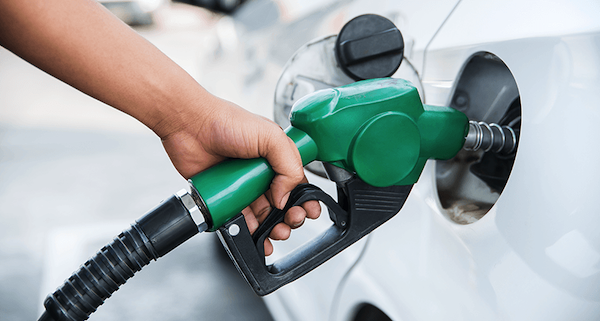Business
What you need to know, as FAAC calls for subsidy removal, raises concerns over debt service

Rising level of public debt, debt service and fuel subsidy is affecting the revenue generation of the Federal Government, the Federation Account Allocation Committee (FAAC) Post-Mortem Sub-Committee has revealed.
The Post-Mortem Sub-Committee called for the removal of the subsidy on petrol despite admitting that it will affect low-income households, raising their cost of living through inflation.
Following a three-day retreat, the committee noted in a communique released that, “The rising level of public debt and the increasing ratio of debt service to revenue is worrisome.”
It stated that the fuel subsidy is unsustainable, stating “the downstream operations of the petroleum industry should be fully deregulated to provide for the removal of subsidy.”
After assessing the issues faced by the federation account from January 2019 to September 2022, they opined that, “Nigeria cannot continue to sustain the provision of subsidy on PMS because of the negative impact it has on the nation’s revenue. Accordingly, subsidy on PMS should be phased out.
“Revenue proceeds accruing from subsidy removal should be used for the benefit of the entire population and should be put to projects having direct impact on the citizens such as Education, Healthcare, Skill acquisition, etc.”
What you need to know
Ripples Nigeria had reported on Thursday that 63 per cent (130 million) of Nigerians live in poverty as a result of insufficient access to health, education, and living standards, as well as unemployment and shocks.
READ ALSO:Fuel subsidy an organised crime in Nigeria – Peter Obi
It shows the continuous borrowing of President Buhari’s administration is not reflecting on Nigerians, as the economy becomes worse, with annual growth slowing to 3.4 per cent between April and June 2022, from 3.6 per cent between January to March, amid inflation soaring above 134 per cent during Buhari’s tenure, despite subsidy in play.
This means removal will further drive inflation, although it will increase liquidity for the government, and reduce debt service burden on revenue generated by the government.
Nigeria had expended N1.33triillion in first half (H1) of 2022 to service domestic debt, in contrast to the N935.46billion debt service gulped in H1 2021, rising 43 per cent Year-on-Year. Between January and April, FG spent N334.24 servicing foreign debt.
In 2021, N2.05trillion was used to service domestic debt in 2021, rising from N1.85trilllion reported in 2020, and foreign debt accounted for N946.29 billion in debt service. The total debt service gulped N4.22tn on debt service.
Note that President Buhari-led government has also projected that debt servicing will cost N10.43 trillion by 2025. This buttresses the concerns of FAAC regarding debt servicing.
The rise in debt service is driven by continuous borrowing of the government, with Nigeria’s total public debt hitting N42.84 trillion ($103.31 billion) at the end of second quarter of 2022, according to the National Bureau of Statistics (NBS).
This means the country’s debt rose by N7.38 trillion from end of Q2 2021, when the total debt stock was N35.46 trillion (86.57 billion dollars). This is a 20.81 per cent year-on-year growth.
Nigeria is currently borrowing to pay debt, and not grow the economy, and the World Bank had expressed concerns, stating debt service-to-revenue ratio could hit 102.3 per cent by the end of this year.
The World Bank’s projection is not far-fetched, considering Nigeria recorded a high debt service-to-revenue ratio of 118.9 per cent between January and April
Join the conversation
Support Ripples Nigeria, hold up solutions journalism
Balanced, fearless journalism driven by data comes at huge financial costs.
As a media platform, we hold leadership accountable and will not trade the right to press freedom and free speech for a piece of cake.
If you like what we do, and are ready to uphold solutions journalism, kindly donate to the Ripples Nigeria cause.
Your support would help to ensure that citizens and institutions continue to have free access to credible and reliable information for societal development.
























